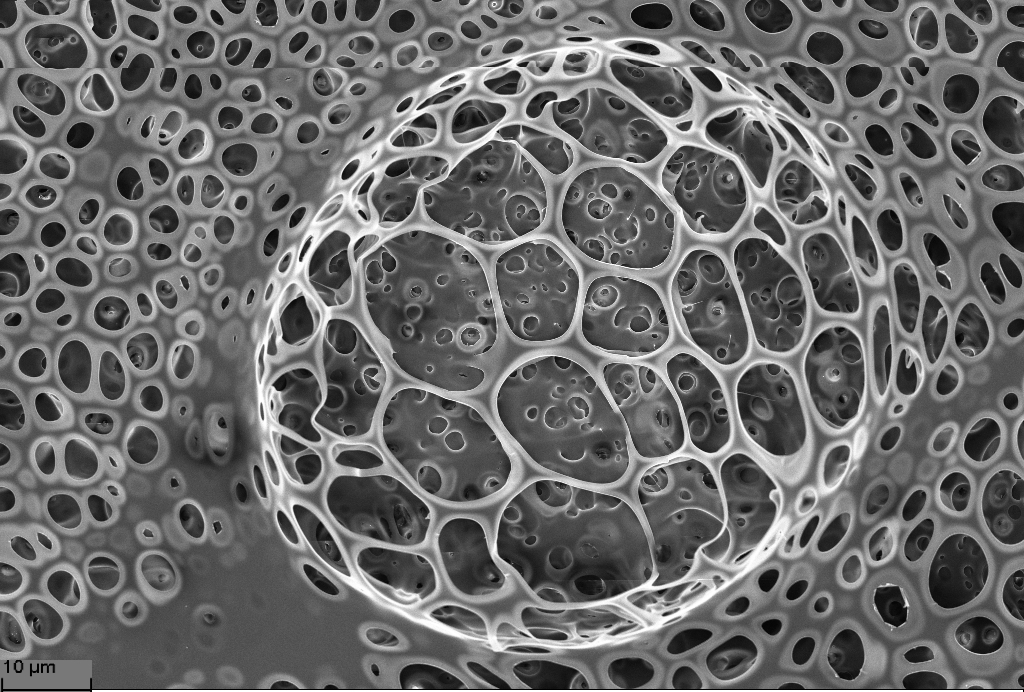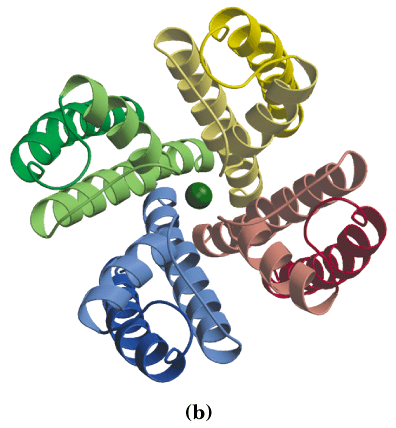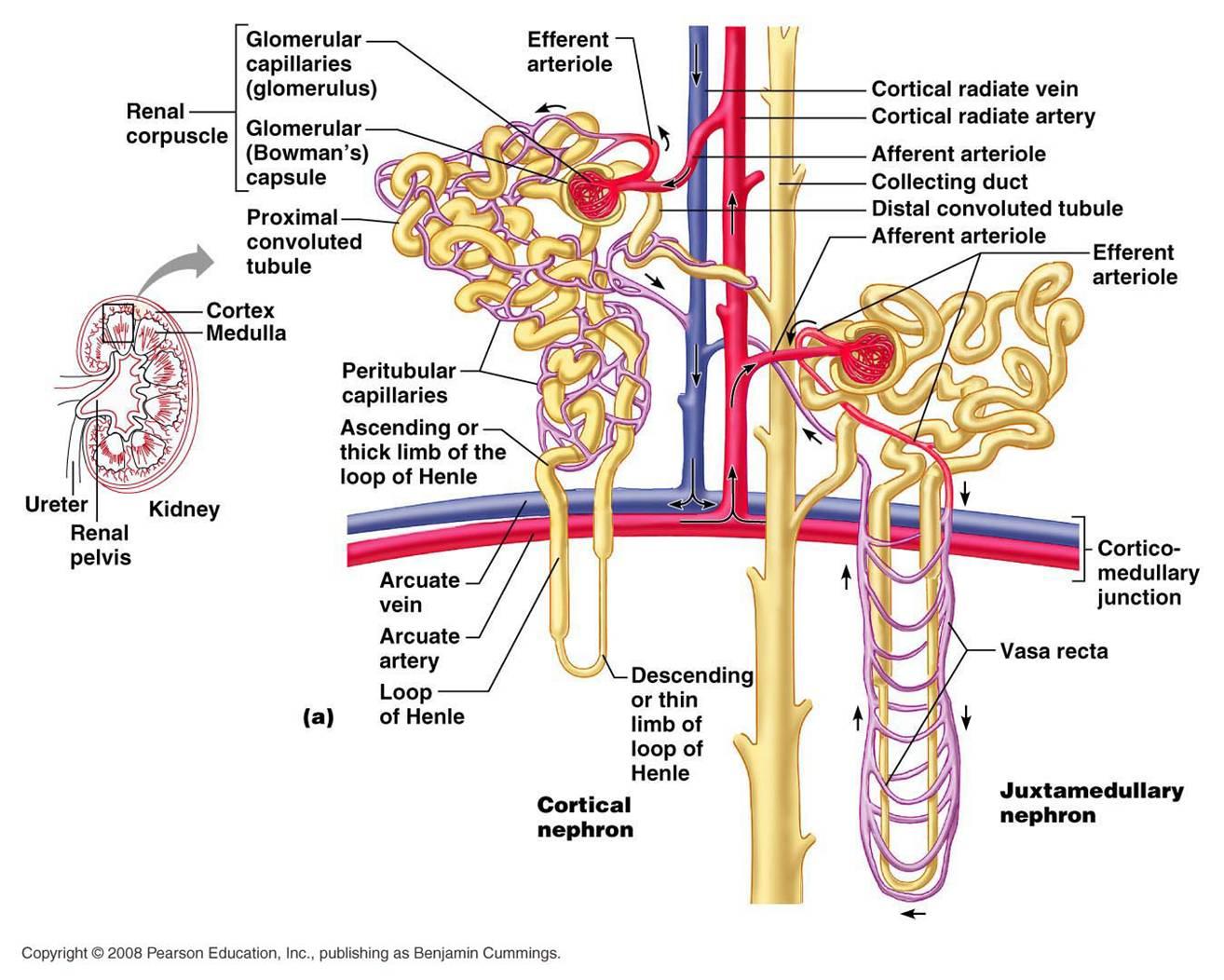Our New, Ongoing and Empirically Resolvable Debates over Reduction and Emergence
Some philosophers of science have suggested that scientific discussions of “reductionism” and “emergentism” are merely rhetorical funding grabs. But drawing together my work in earlier parts of the book, in the final section, Part IV, I outline how we are in substantive, ongoing and empirically resolvable scientific debates about the …






